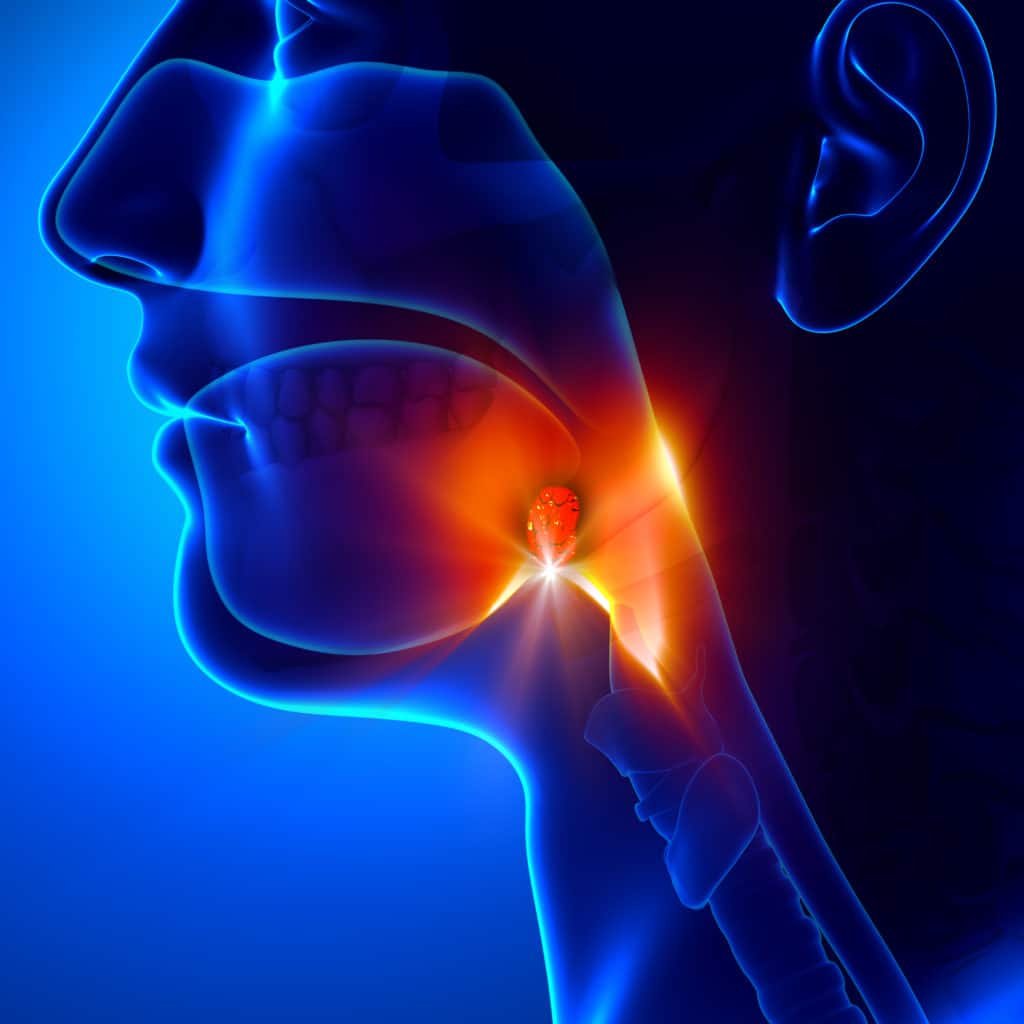Nasal Surgery Improves CPAP Compliance
A recent study performed at Massachusetts General Hospital confirms the cost-effectiveness of nasal surgery to increase continuous positive airway pressure(CPAP) adherence in patients with nasal obstruction. The study was reported in the September 2016 issue of The Laryngoscope. For patients diagnosed with obstructive sleep apnea(OSA), the recommended treatment is often CPAP, which delivers air through […]
Nasal Surgery Improves CPAP Compliance Read More »

